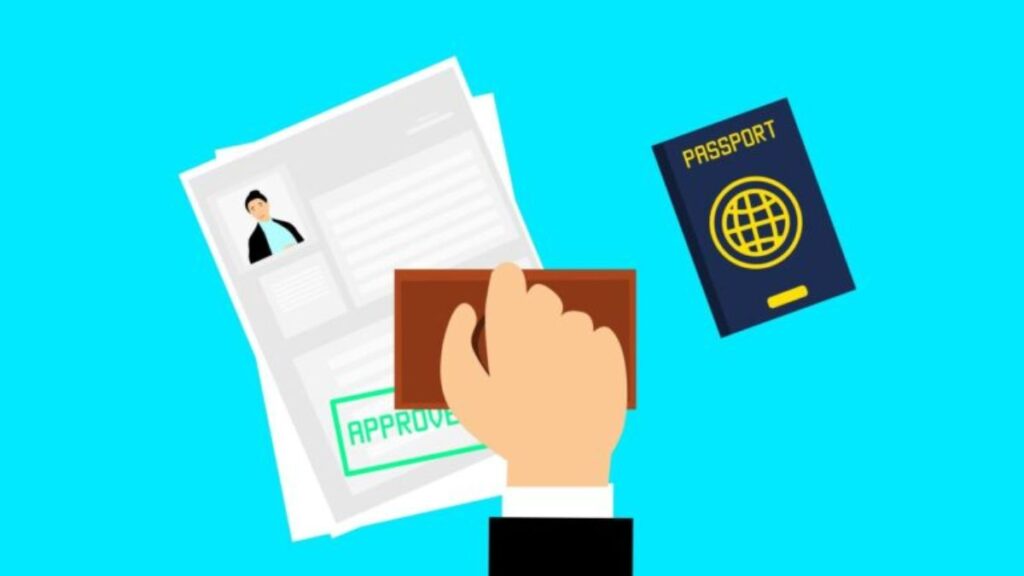Applying for a Green Card can feel both exciting and nerve-wracking. After all, it’s a significant step toward living and working in the United States.
However, many applicants don’t realize that there are several common reasons for Green Card denial that can cause their applications to be rejected.
Knowing these reasons can help you avoid costly mistakes and increase your chances of success. Let’s explore the four most frequent reasons for Green Card denials and how you can steer clear of them. Read on.
1. Incomplete Applications
One of the biggest mistakes applicants make is submitting an incomplete application. Immigration forms can be complicated, and it’s easy to overlook a crucial section. Missing or incorrect information can lead to your application being delayed or outright denied.
To avoid this pitfall, double-check your application before submitting it. Make sure that all sections are filled out accurately and completely. You might even ask a friend or family member to review it to catch anything you might have missed. Paying attention to detail can make a significant difference in the outcome of your Green Card application.
2. Lack of Proper Documentation
Documentation is essential when it comes to applying for a Green Card. Applicants must submit various documents to support their application. Failing to provide the necessary documents can lead to Green Card denial.
To ensure that you have the right paperwork, create a checklist of all required documents based on your application type. Gather everything in advance and verify that all documents are valid and up to date. This thorough preparation can significantly increase your chances of approval.
3. Criminal Record or Immigration Violations
Having a criminal record or previous immigration violations can seriously hinder your chances of getting a Green Card. In some cases, certain crimes may lead to automatic disqualification.
If you have any past offenses, it’s essential to seek legal advice. An immigration attorney can assess your situation and advise whether you may still be eligible for a Green Card despite your record.
4. Failure to Meet Eligibility Requirements
Every Green Card applicant must meet specific eligibility criteria, which vary depending on the type of Green Card you’re applying for. These criteria can include having a job offer, a family connection, or refugee status.
Before applying, make sure that you fully understand the eligibility requirements for your specific category. Take the time to gather all necessary information and highlight how you meet the criteria.
If you find yourself in the unfortunate position of having your Green Card denied, don’t lose hope. It’s important to understand your options. You may be able to appeal the decision or reapply. However, it’s crucial to understand the reasons of what happens if your green card is denied before submitting a new application.
Seeking assistance from an immigration attorney can also be beneficial, as they can guide you through the appeals process or help you with a new application.
Understanding Green Card Denial
Avoiding Green Card denial doesn’t have to be complicated. By being thorough, organized, and understanding the common pitfalls, you can improve your chances of success. Always remember to complete your application, provide all necessary documentation, and meet the eligibility requirements.
If you find your application denied, take it as an opportunity to learn and improve your next submission. Every effort you make can ultimately help you achieve your goal of obtaining a Green Card.
For more helpful tips, check out the rest of our site today.






